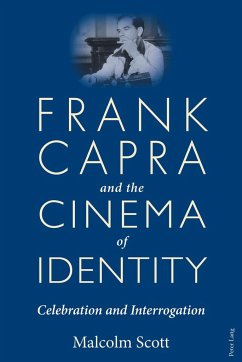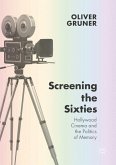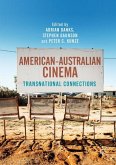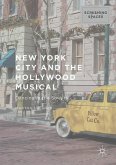This study proposes a new definition of Frank Capra's work as a cinema of identity, focusing on his reflection on American national identity as well as his own positioning as a US immigrant. The interplay of celebration and interrogation is used to show the two poles of his films' narrative structure, placing in a new critical light the supposed «happy endings» of this complex filmmaker. All of his films are discussed, including his feature films (both silent and sound, grouped thematically and in broad chronological order) and wartime documentaries. There are separate chapters on controversial works like Mr Smith Goes to Washington, Meet John Doe and It's a Wonderful Life. Not intended as a biography of Capra but as a study of his career and ideas on film, the book takes into account the views of numerous earlier critics and writers and offers a fresh appraisal of this celebrated director and his often problematic films.








